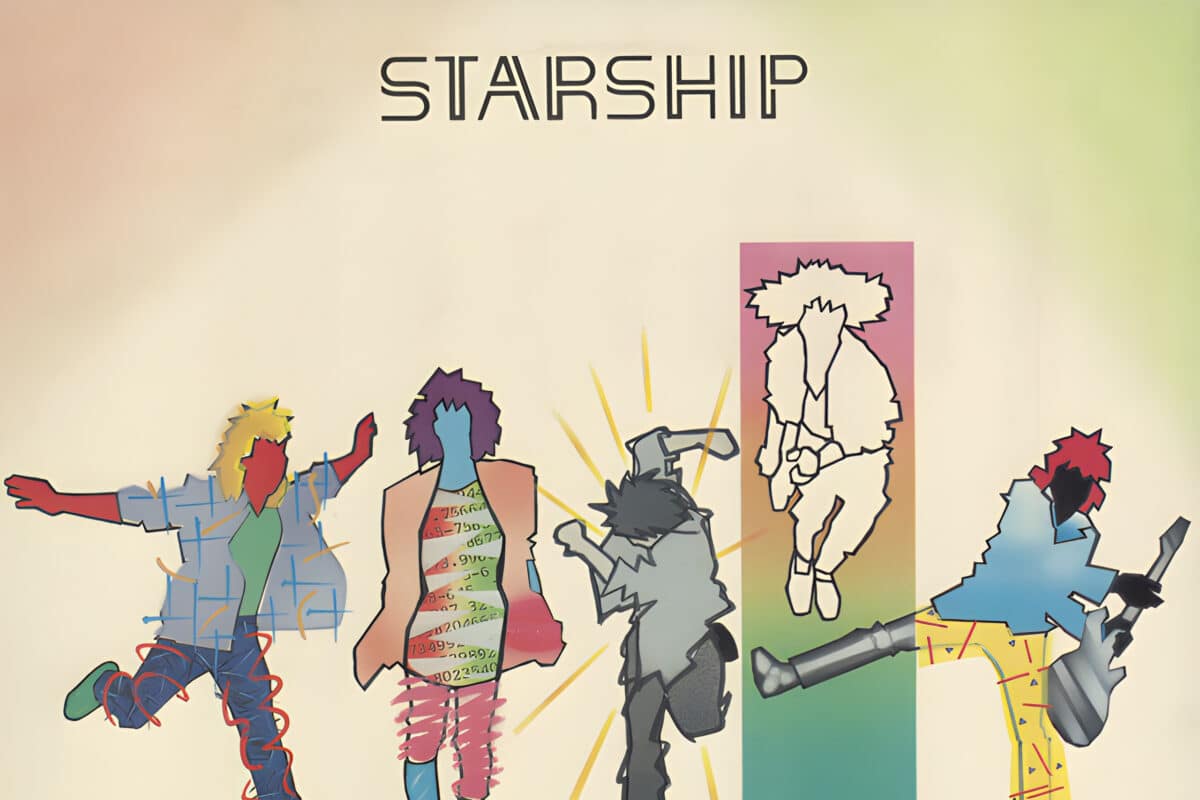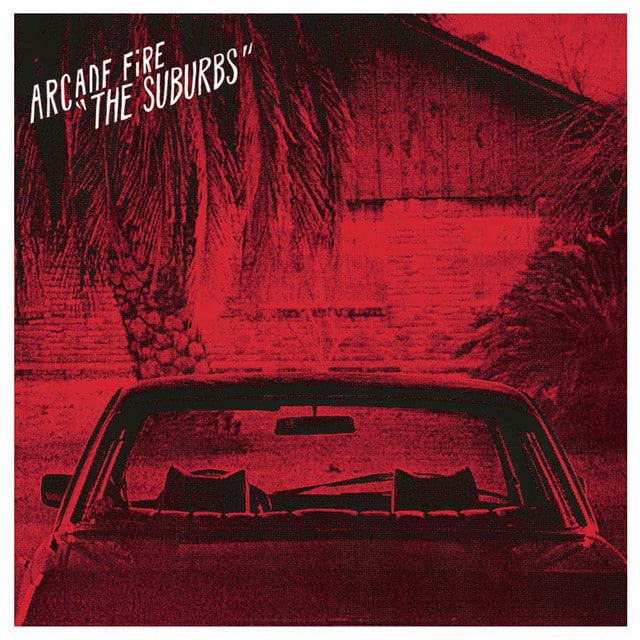Released: 1985
“We Built This City” by Starship throws a punchy tribute to the rock and roll dreams that shaped cities, communities, and cultures. It booms with the pride of musicians and fans who’ve watched their gritty passion projects grow into the skyscrapers of the music industry. In essence, it’s a song about making one’s mark and standing tall amidst the naysayers and the usual grind.
The song kicks off with a bold declaration—“We built this city on rock and roll”. It’s not just about the physical city but the cultural landscape, built on the back of guitar riffs, drum solos, and the rebel yell of generations who found solace in the music. The lines “Say you don’t know me or recognize my face” hint at the anonymity and underappreciation of the artists in the eyes of the mainstream, while “Knee deep in the hoopla, sinking in your fight” suggests being overwhelmed by the chaos and challenges of the music scene. Yet, they persist, carving out a space for themselves and their fans.
The chorus is a rallying cry, a reminder of their hard-earned legacy. The mention of “Marconi plays the mamba” is a nod to the father of radio, suggesting that despite the changes, the essence of rock and roll, broadcasted far and wide, remains a constant touchstone.
Moving through the song, “Someone’s always playing corporation games” and “Who cares, they’re always changing corporation names” symbolize the disillusionment with the commercialization of music. Yet, the spirit of dance and rebellion lives on, as they bemoan the loss of authenticity in the face of corporatization.
By the time we hit the verses about the tired old street, police chokeholds, and the search for America, the song dips into societal critiques. It questions the motives of those in power, the loss of the original beat or ethos of rock and roll amidst commercial and political turmoil. The imagery of a “ship of fools” searching for the America that was promised but seems lost is particularly evocative. Yet, despite the critique, the song refuses to end on a note of defeat. Instead, it keeps circling back to the foundational claim, the pride in having built a city—a culture, a movement—on rock and roll.
Throughout the song, Starship doesn’t just reminisce about the good old days of rock and roll; they issue a defiant declaration that despite the cynicism, commercialization, and the struggles, the heart of rock and roll beats strong in the cities they’ve shaped with their music. It’s a song steeped in nostalgia but also brimming with defiance, a testament to the enduring essence of rock and roll.






